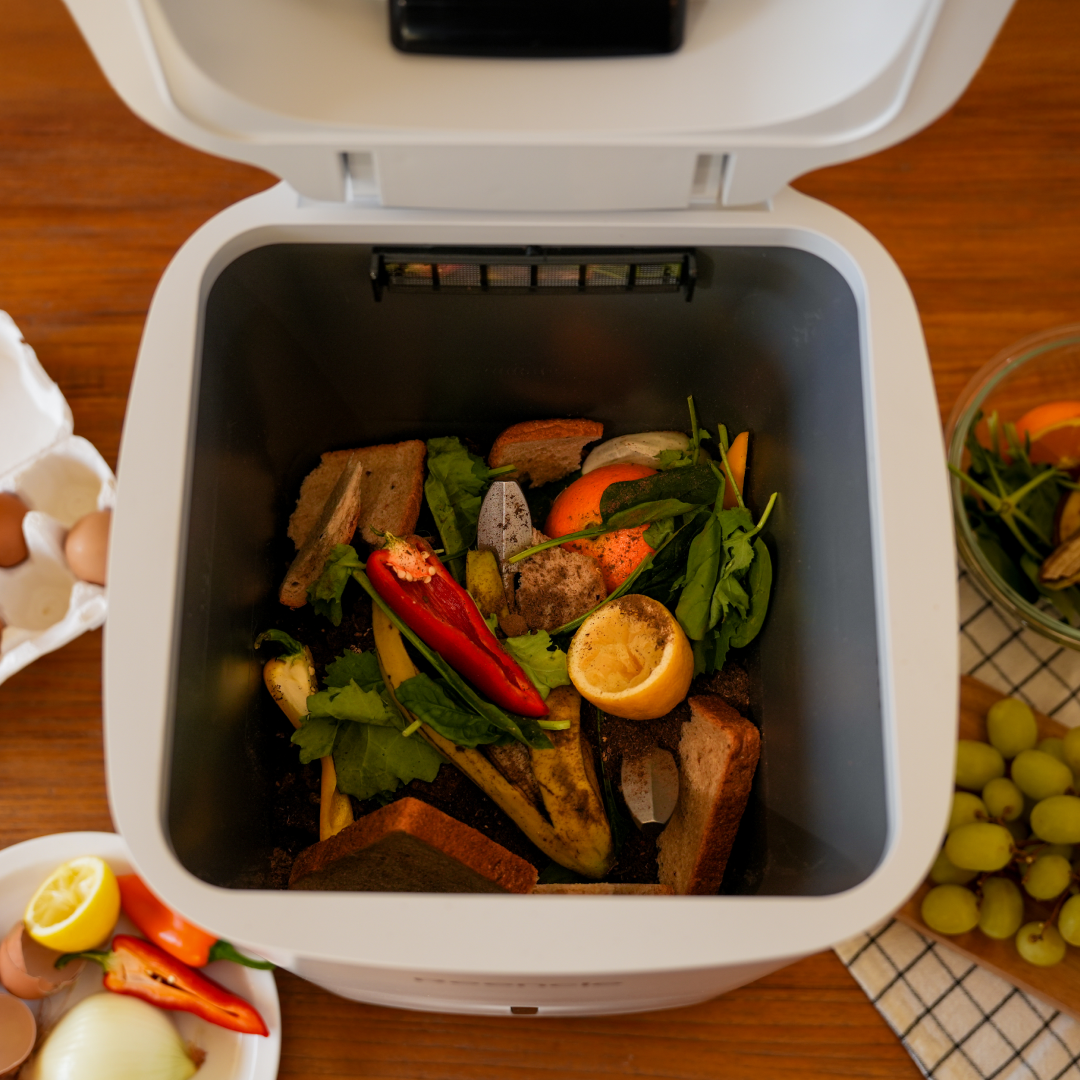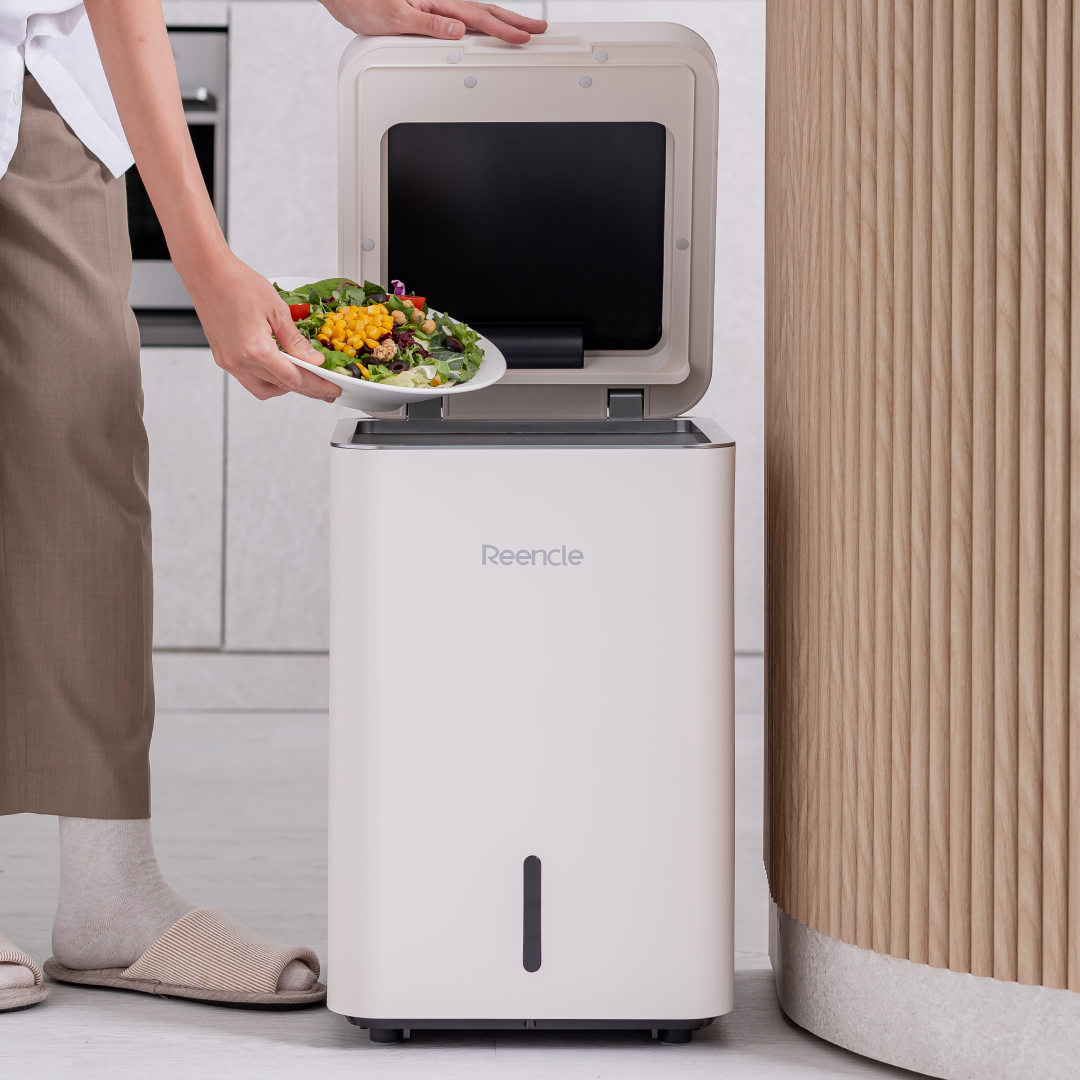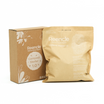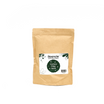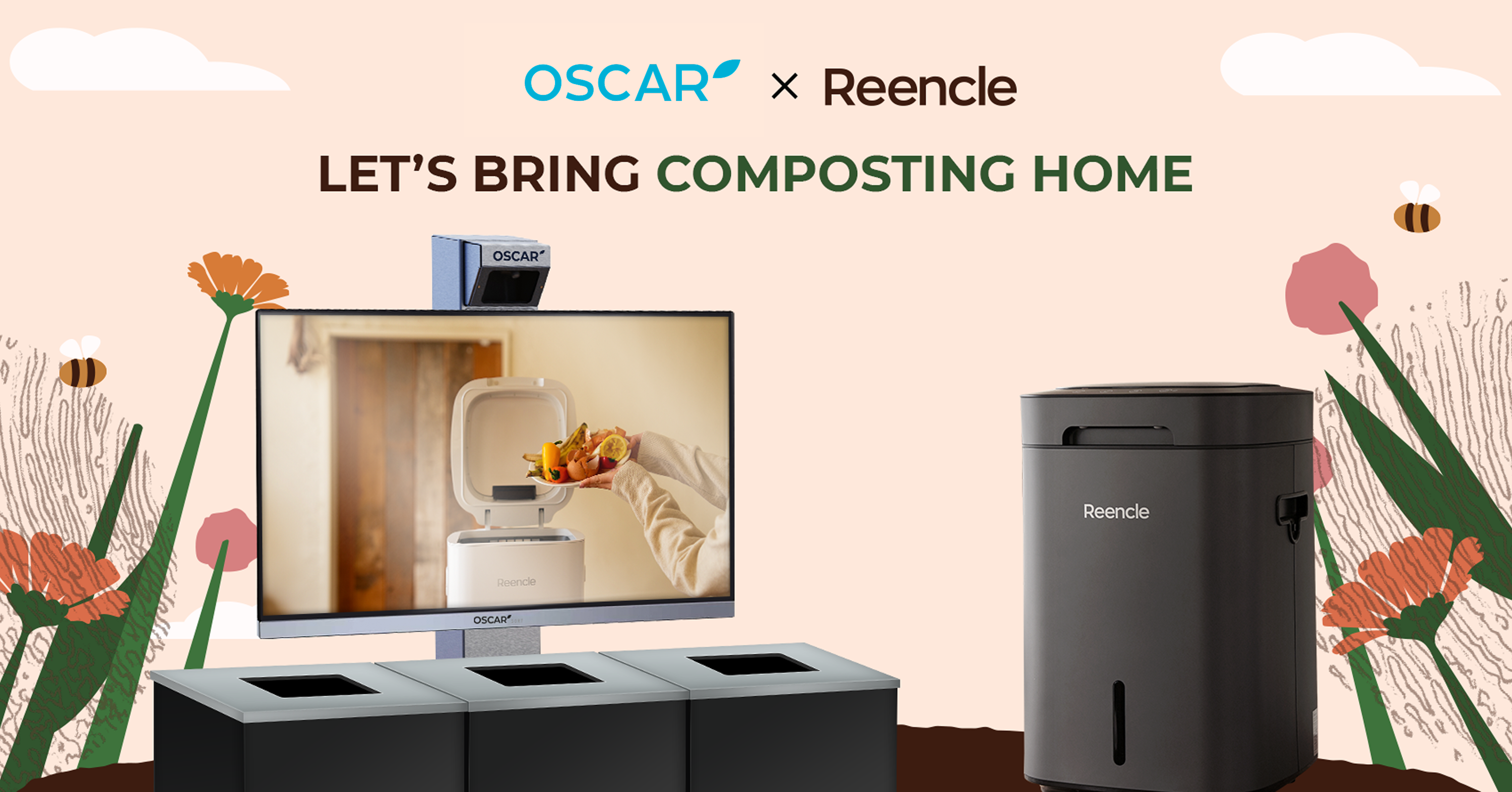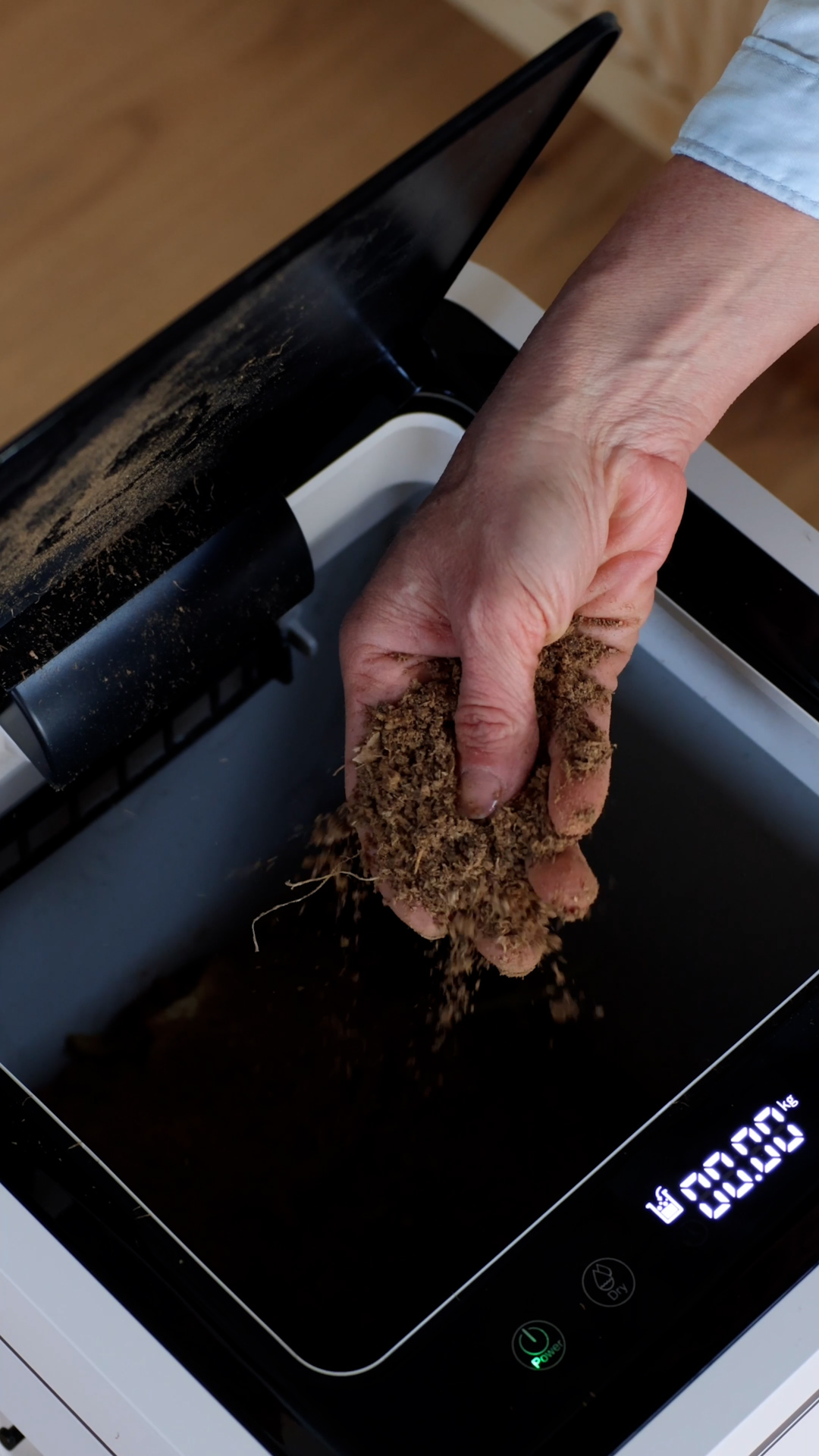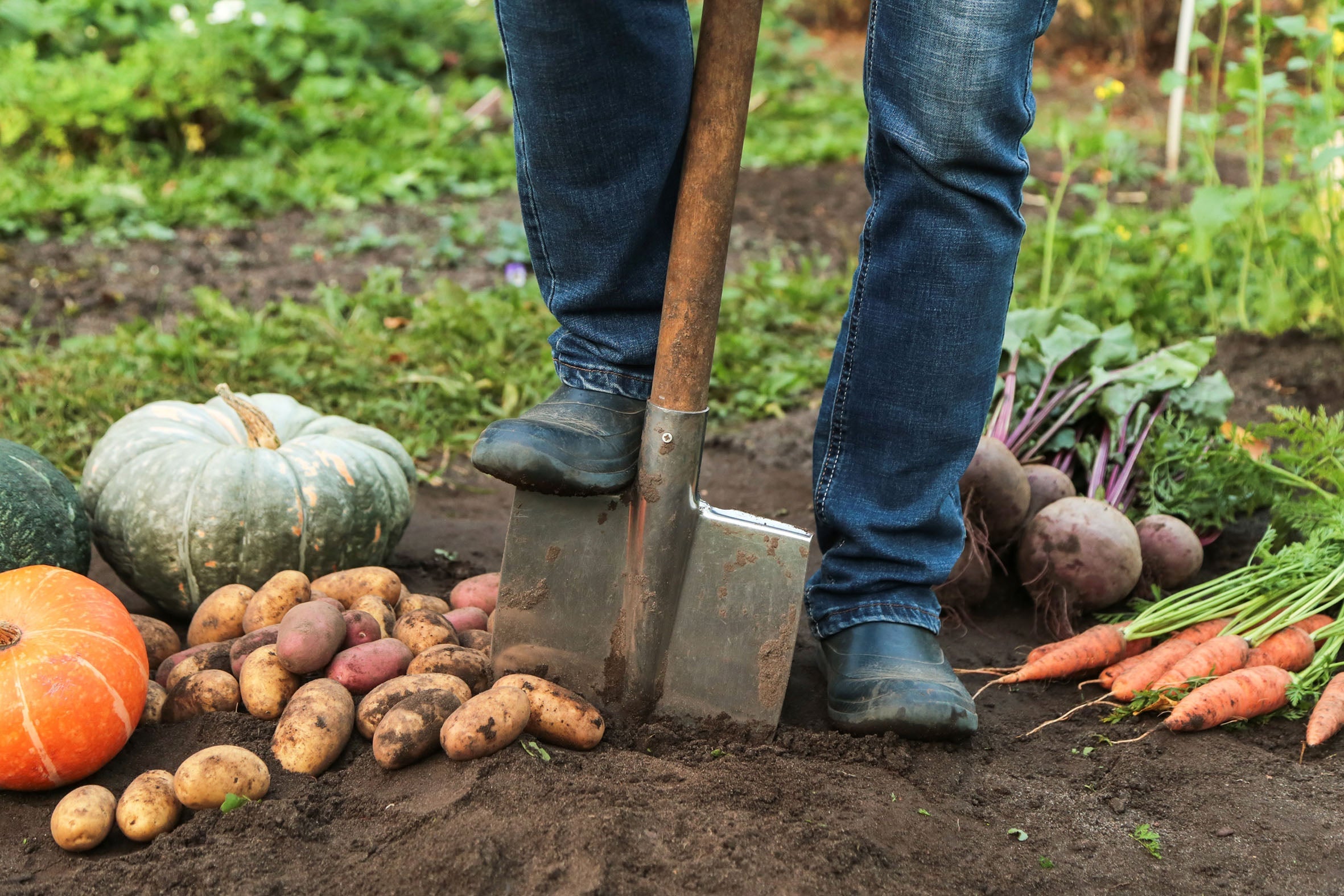Why is Spring composting important?
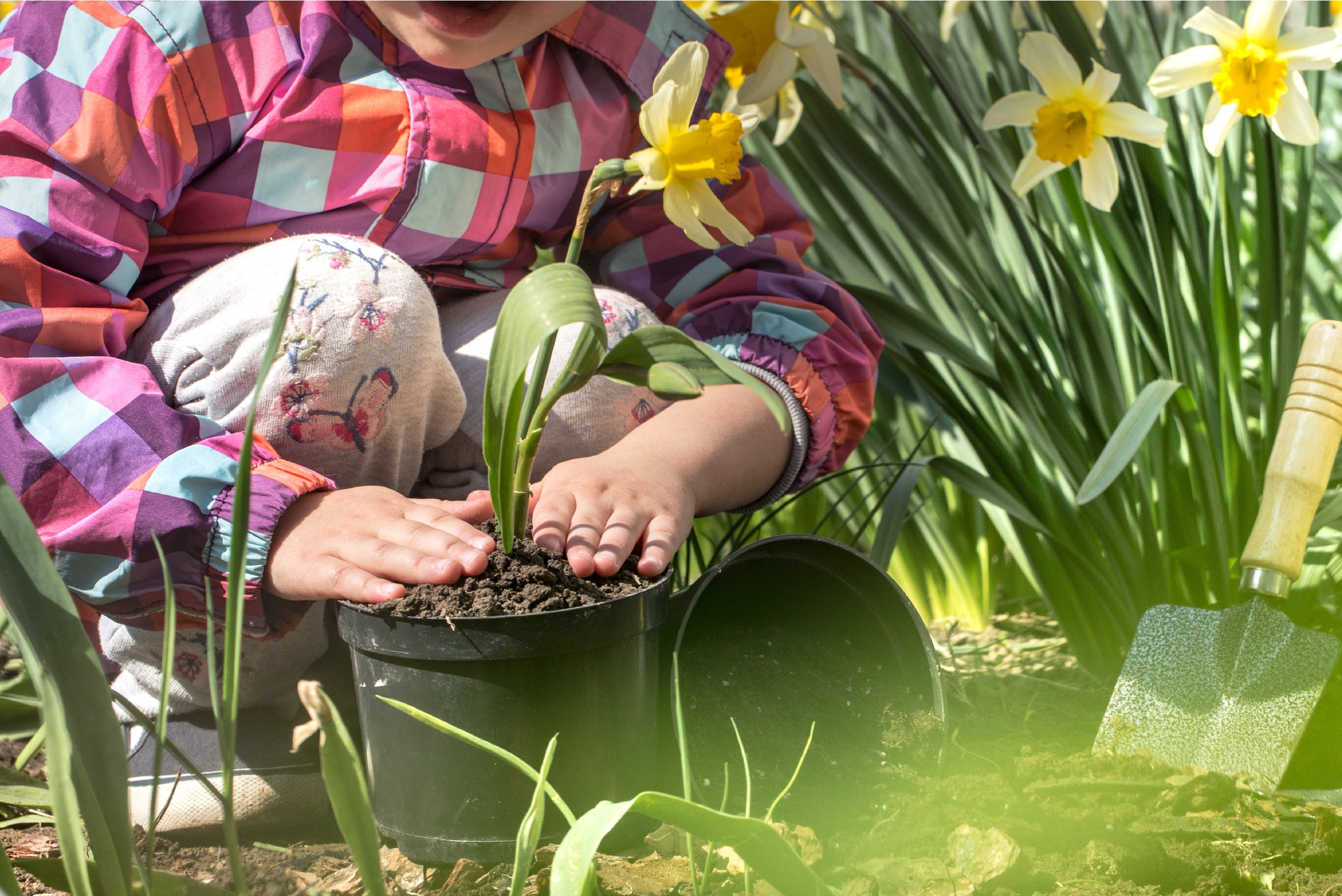
As spring approaches, the focus of gardeners shifts towards composting, a key step in preparing for a season of abundant growth. The goal is to enrich the soil, making it as fertile as possible to support a harvest that will sustain through the year's end. Continuous compost addition to gardens significantly improves essential nutrients for plant growth—nitrogen (N), phosphorus (P), and potassium (K). According to findings by Marco (2023), compost's impact on soil is remarkably positive. Total nitrogen levels saw a notable increase of +227%. Assimilable phosphorus experienced a 340% net surge compared to fertilizer applications, while exchangeable potassium levels rose by 366%. Additionally, the carbon-to-nitrogen ratio was slightly higher in compost (9.9) than in fertilizer (8.6), with soil analyses over three years indicating a general boost in organic matter, carbon, and nutrient content, more so with compost than with fertilizer treatments.
To effectively enhance soil fertility, regular compost application is essential. However, the early spring months often present a challenge, with temperatures frequently dipping below zero. This leads to food waste, intended for composting, freezing in backyards, thereby hindering the creation of effective compost. Several factors contribute to this issue:
● Temperature Control: Maintaining the compost's temperature at the optimal range of 131°F to 140°F is crucial for effective composting. However, achieving this during the cold early spring months proves difficult.
● Aeration: Regularly turning and mixing the compost is necessary to ensure sufficient oxygenation. Without adequate oxygen, compost may become anaerobic, leading to the emission of greenhouse gases, such as methane.
● Wildlife Attraction: As animals emerge from hibernation, backyard composts can attract unwanted visitors, posing a risk to both the compost and the garden.
Urban gardeners are in search of solutions that enable year-round composting, even in sub-zero temperatures, allowing for the continuation of composting activities comfortably from home. Here, Reencle emerges as an ideal solution.
Reencle is an indoor electric composter that not only mimics but enhances aerobic composting processes through the use of specially selected microorganisms. This innovative system fulfills all four critical requirements for successful composting: organic waste, microorganisms, water, and oxygen. Impressively, Reencle can decompose at least 90% of food waste within 24 hours, obviating the need to venture outdoors in freezing conditions.
For composting to be effective, it's imperative to maintain the compost at temperatures between 131°F and 140°F, fostering rapid microbial growth and decomposition. Outdoor composting during the early spring, with its sub-zero temperatures, makes this nearly impossible. However, Reencle's specialized temperature control system consistently maintains an optimal environment for microorganisms, ensuring effective and sustainable composting.
In conclusion, if spring composting is on your agenda, Reencle offers a seamless, efficient solution to overcome the seasonal challenges faced by gardeners.
Reference
Marco Lucchetta, Alessandro Romano,# 1 , † Monica Yorlady Alzate Zuluaga, 2 Flavio Fornasier, 3 Sonia Monterisi, 2 Youry Pii, 2 Patrick Marcuzzo, 1 Lorenzo Lovat, 1 and Federica Gaiotti 1 [2023], Compost application boosts soil restoration in highly disturbed hillslope vineyard, p5


